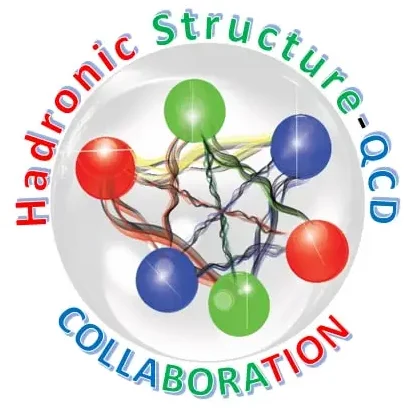About Us
The high energy physics-phenomenology plays an important role in our understanding of the universe. It connects the existing theories to the large experiments carried out around the world on particle physics: Like CERN, Fermilab, etc. The strong interaction is one of the four fundamental interactions governing our universe. The best laboratory to get complete knowledge on quantum chromodynamics (QCD) as the quantum field theory of the strong interaction is hadron physics. Within this collaboration we investigate different aspects of hadrons & QCD. Some of our interests are:
. Perturbative and Non-perturbative natures of QCD.
. Particle Phenomenology
. Formation and Structure of the Standard Hadrons and Exotics
. PDFs, NPDFs, GPDFs, GDAs, TDAs & TMDs
. Intrinsic Quarks
. Multipole Moments of Hadrons and Their Geometric Shapes
. Electromagnetic, Weak and Strong Decays of the Standard Hadrons and Exotic States . Two-point, Three-point and Light Cone QCD Sum Rules
. Finite Temperature QCD and its Applications in Hadron Physics,
. Hadronic Properties at Dense Medium
. Application of Some New Physics Scenarios in Hadron Physics
. Search for Dark Matter and Dark Energy in general & in QCD.
. Machine learning and its application in particle physics.
Our group has close relations with hadron colliders around the globe and is involved in scientific activities in FCC Collaboration at CERN as well as PANDA experiment in Germany.
Our collaboration consists of more than 36 persons, including faculty members, postdocs and graduate students from different universities, actively working on different aspects of particle phenomenology and analyses of data at various subgroups. Some times our predictions on the existence of some hadronic states or some parameters of the well-established states are confirmed by important experiments or we are among the first groups that clarify the physical properties of the newly discovered resonances, fix their quantum numbers and give them an “identity card”.
